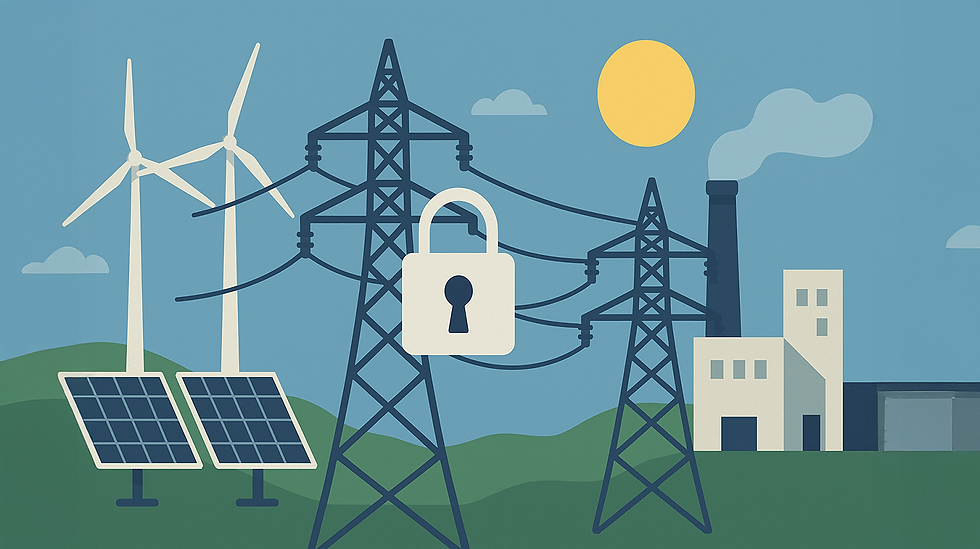Persian Gulf War Oil Spill and Its Impact on Marine Ecology
- Yaein Choi

- Jul 1, 2023
- 3 min read

The Persian Gulf War, which raged from 1990 to 1991, was not only a conflict of geopolitical significance but also a disaster for marine ecology. During the war, Iraqi forces deliberately released vast quantities of crude oil into the Persian Gulf, creating one of the most massive oil spills in history. In this blog post, we will explore the profound and long-lasting consequences of the Persian Gulf War Oil Spill on marine ecology, shedding light on how this catastrophic event continues to affect the fragile ecosystems of the region.
The Persian Gulf War Oil Spill occurred in January 1991 when retreating Iraqi forces opened oil valves in Kuwait's oil terminals and intentionally released millions of barrels of crude oil into the Gulf. It is estimated that between 6 to 11 million barrels of oil were discharged daily for several months. The oil spread rapidly across the Gulf's surface, covering an area of around 4,000 square miles. The magnitude of this spill was unparalleled and had devastating consequences for the marine life and coastal environments in the region.
The oil spill had an immediate and catastrophic impact on marine life in the Persian Gulf. The spilled oil formed a thick layer on the water's surface, preventing oxygen exchange between the water and the atmosphere. This led to oxygen depletion in the water, resulting in "dead zones" where marine organisms struggled to survive or perished. Fish, turtles, dolphins, and seabirds suffered immensely as they were coated in oil, impairing their ability to swim, fly, or breathe.
The oil also affected plankton, the foundation of marine food chains, leading to a cascading effect on higher trophic levels. The loss of biodiversity had significant implications for local fisheries and the livelihoods of coastal communities that heavily relied on marine resources.
The Persian Gulf is home to numerous coastal habitats, including mangroves and coral reefs, which provide crucial breeding and feeding grounds for various marine species. The oil spill posed a severe threat to these sensitive ecosystems. The toxic oil slick smothered mangrove roots, depriving them of oxygen and causing extensive die-offs. These mangroves play an essential role in stabilizing coastlines, acting as a buffer against storms and providing valuable nursery habitats for juvenile fish.
Even after the war had ended, the effects of the Persian Gulf War Oil Spill continued to linger in the marine ecosystem. Oil residues persisted in sediments, affecting marine life for years to come. The spilled oil introduced harmful chemicals into the environment, leading to bioaccumulation in marine organisms and, eventually, into the food chain.
Some species have shown signs of resilience and recovery over time, but others remain vulnerable, and the overall ecological balance of the region remains disrupted. The extent of the spill's long-term consequences is a reminder of the fragility of marine ecosystems and the importance of safeguarding them from human-induced disasters.
The Persian Gulf War Oil Spill was a man-made environmental catastrophe with far-reaching consequences for marine ecology in the region. The release of millions of barrels of crude oil devastated marine life, coastal habitats, and coastal communities that heavily relied on marine resources. The event served as a stark reminder of the potential consequences of conflicts on the environment and the urgency of responsible environmental stewardship.
Efforts to mitigate the effects of the spill and restore the marine ecosystems of the Persian Gulf have been ongoing for decades. While some progress has been made, the healing process remains slow and challenging. It is essential for the global community to learn from this disaster and work together to prevent similar incidents and protect marine ecology for future generations. Stricter regulations, improved disaster response mechanisms, and a greater emphasis on sustainable practices are all necessary steps in preserving the delicate balance of our oceans and the rich biodiversity they harbor.



Comments